‘It’s time we made sure that our players are looked after’: Local footy clubs hit with concussion lawsuits
In the wake of a class action against the AFL, two local footy clubs are being sued after their players suffered life-altering injuries from head knocks — and the move could send them into financial ruin.
Victoria
Don't miss out on the headlines from Victoria. Followed categories will be added to My News.
Community football clubs have been put on notice they are next in the firing line for concussion compensation claims.
Margalit Injury Lawyers – the firm leading the concussion class action against the AFL – has launched the first civil lawsuits against local Victorian clubs on behalf of two players who now suffer life-altering injuries after being exposed to repeated head knocks during matches and training.
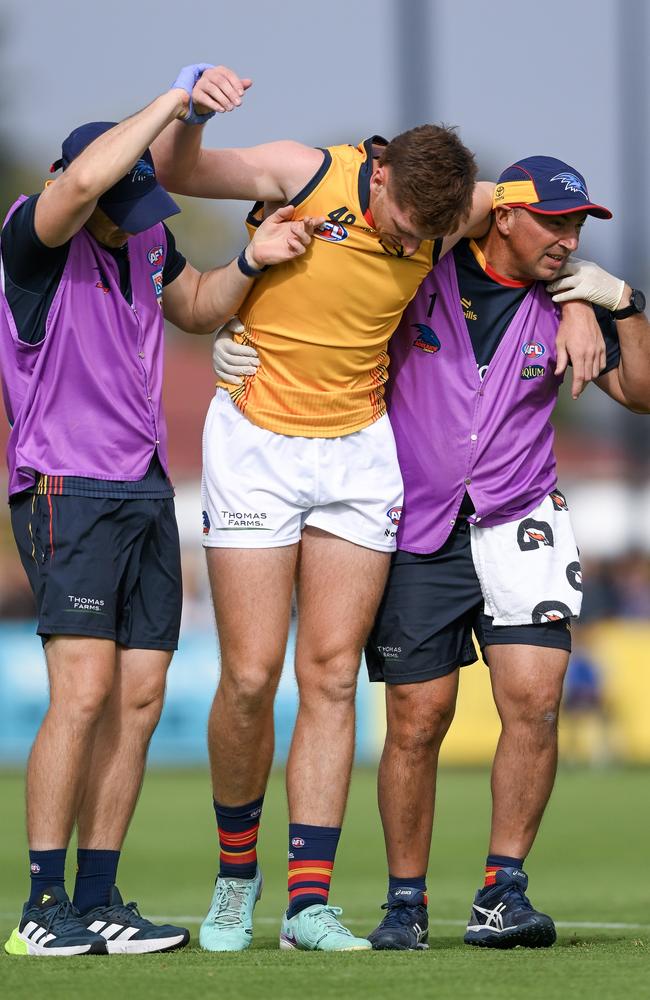
The cases in the Supreme Court are expected to set a precedent and open the floodgates for more claims by semi-professional players – a move that could send local clubs into financial ruin.
Ellie Savion from Margalit Injury Lawyers said the spotlight had been on the AFL, but many more players in semi-professional leagues were suffering in silence.
“I’m aware of many, many players who are now suffering from permanent symptoms of concussion after playing in local sport,” Ms Savion said.
“The impacts of repetitive concussions are the same for everyone.
“It doesn’t matter which league you’re playing for, or whether you’re being paid or not paid, someone is still going to suffer the same impacts from repetitive concussions.
“That’s why any club has the same level of responsibility towards a player to protect them from the risks of repetitive concussions and minimise the harm where they can.”
Father of two Troy Courts, 48, is suing Glenroy Football Club after he now suffers probable CTE, describing it as like “torture” with debilitating headaches and mood swings.
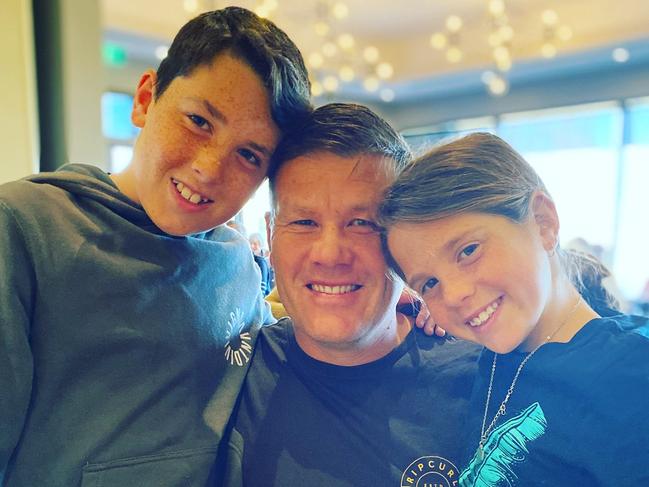
He was known to be a fair and brave player for the Wallabies, but like many others, was involved in at least five concussion incidents on the field from 1997 to 2008.
Three of those he returned to the field later in the game, not allowing his brain to recover.
Ms Savion said the Glenroy Football Club paid Mr Courts to play in the Essendon District Football League, and as his employer owed him a duty of care to provide a safe workplace.
“The issue is there was a very strong culture at the time that was known and encouraged by the club that if a player suffered a hit or a concussion during a match, they would tend to return to play in the same match,” Ms Savion said.
“It was considered a badge of honour to come back on after a knock, and there weren’t any concussion protocols being enforced by the club at the time.”
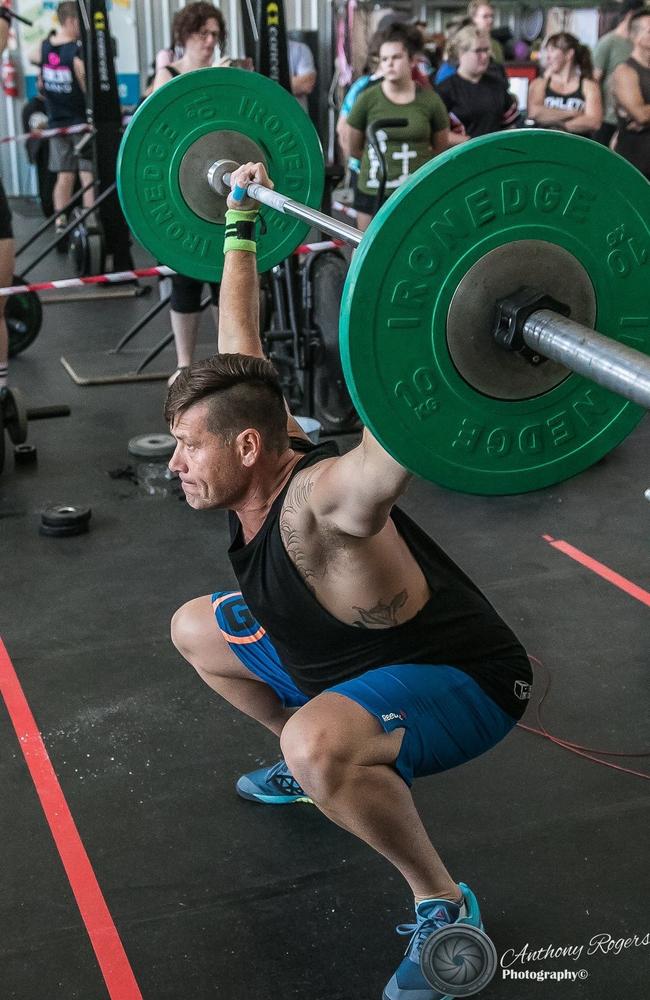
Court documents allege the club failed to provide Mr Courts with adequate concussion testing or medical assessments and treatment, or slap him with a mandatory ban period after concussion incidents.
Clubs would have known of the dangers, the writ claimed, outlining global medical concerns about concussion mismanagement being a risk to player health and safety dating as far back as 1906.
Ms Savion said if the club had implemented the reasonable precautions, Mr Courts would not have suffered his injury.
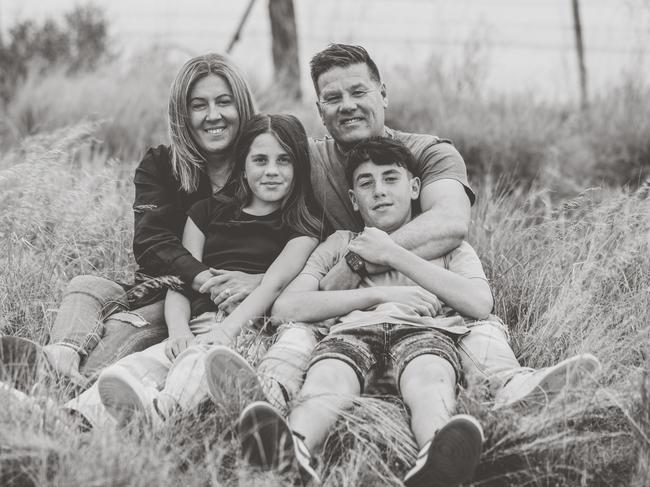
In a second case that mirrors Mr Courts’, avid footballer Daniel Langborne is seeking damages from Lalor Football Club.
Just weeks after Mr Langborne, 31, welcomed his first child in 2021, he was rushed to hospital and placed in a coma for five days following a brutal hit on the footy field.
His brain suffered severe bleeding, bruising and swelling.
It would end his football career, and change his life forever.
He now has an acquired brain injury with memory loss and an impaired cognitive function.
Both Mr Langborne and Mr Courts are claiming damages for loss of income and loss of earning capacity.
“We’re hoping that these cases will shed some light on the issue of repetitive concussions and just how seriously it can impact on players,” Ms Savion said.
“We’d like to encourage local community clubs to heavily promote and enforce concussion protocols.
“We’d like to see that not only do they enforce the concussion protocols at a community level, but a general shift in the culture and attitude towards concussion and the need to adequately rest a player after they receive a hit.
“Footy is a big, big part of the fabric of our Australian society and of a local community, and we get so much joy out of seeing footballers play.
“We want to see a serious shift in the direction of taking care of our players. At the end of the day, there’s no sport without the players.
“It’s time we made sure that our players are looked after.”
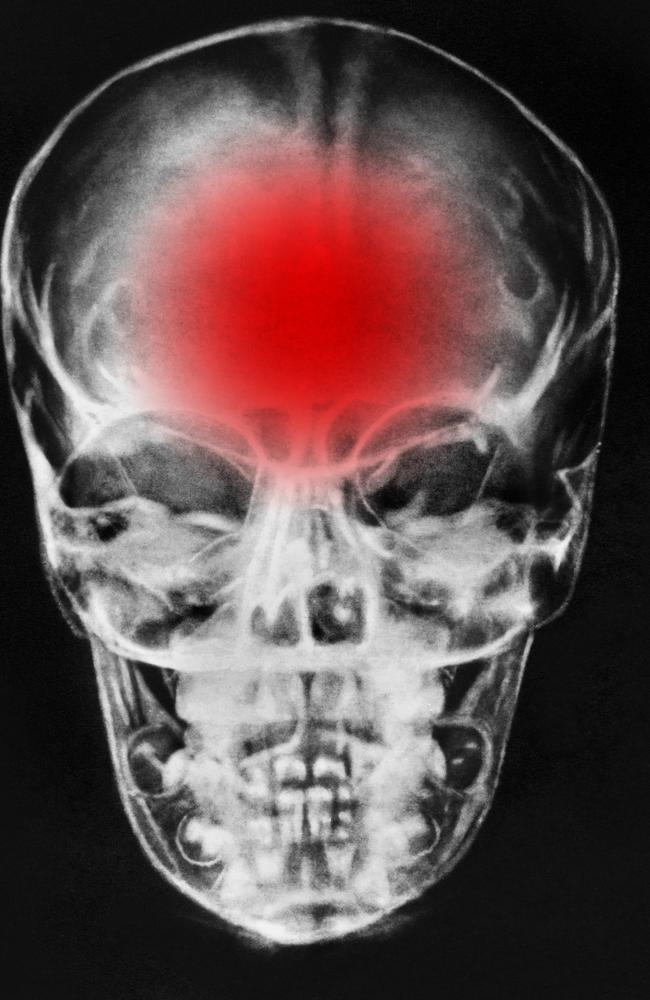
Under current AFL Victoria rules, clubs have no obligation to monitor or report the amount of concussion injuries which have occurred throughout the season.
Despite the game’s governing body mandating a 21-day stand down policy for local players, the AFL’s Concussion Guidelines for Community Football do not require clubs to report to their league.
There is no data available regarding the number of concussions this season.
“We want to continue to create opportunities to better understand the incidence and management of concussion at community level,” an AFL spokesperson told the Herald Sun in May.
An AFL spokesman said the game’s governing body had announced “important developments” in regards to the 21-day stand down period at local level in March.
They did not directly answer questions asked by the Herald Sun as to whether they were concerned about the impact on community clubs of these types of cases.
The AFL did not say whether it was planning for further local footy concussion cases to be brought before the courts.
“The AFL provides extensive resources and education opportunities for community football, including mandatory online education module as part of coach accreditation, free online webinars presented by AFL Medical Director of AFL Community and Talent Pathways, Dr Anik Shawdon and a step-by-step guide to identifying and managing players through a return-to-play program following a concussion,” the spokesperson said.


